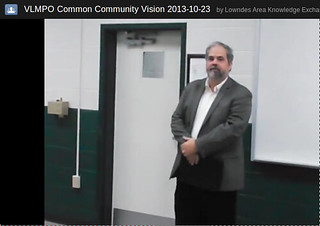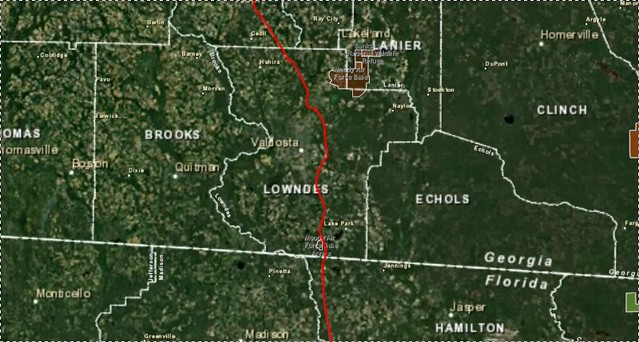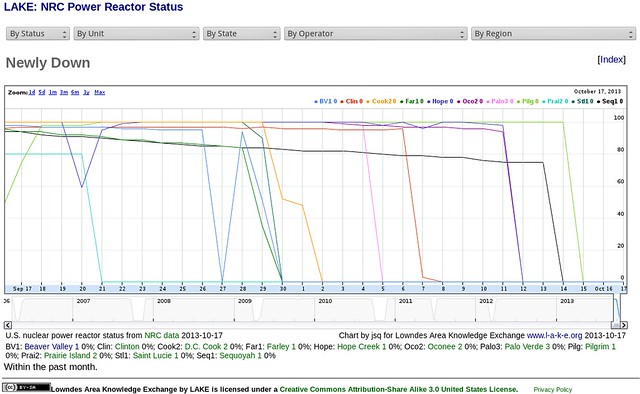 Andrea Grover of Sabal Trail Transmission has been telling Florida
landowners about another proposed pipeline route that completely
bypasses Georgia.
Received yesterday on
Request pipeline town hall –Tim Bland to LCC:
Andrea Grover of Sabal Trail Transmission has been telling Florida
landowners about another proposed pipeline route that completely
bypasses Georgia.
Received yesterday on
Request pipeline town hall –Tim Bland to LCC:
For those that are against having the pipeline run through their property, go to Ocala Star Banner on the web where there is a map with the proposed route for the pipeline from Alabama to Florida. This route barely touches the southwest corner
of Georgia (if at all). Why did Sabal change the route? I don’t either. The newspaper is dated October 24, 2013.
-Ronald Kicklighter
Contracts for natural gas pipeline through Florida get initial OK, by Morgan Watkins for Ocala StarBanner picked up a story first run in the Gainesville Sun,
A $3.5 billion, 600-mile natural-gas pipeline system that will stretch from Alabama into Florida is still in the planning stages, but homeowners near the Ichetucknee and Santa Fe rivers are concerned because the routes being proposed might run through their neighborhoods.
Landowners in Georgia don’t want it crossing their land or the Flint or Withlacoochee Rivers, either.
Florida Power & Light selected Continue reading














